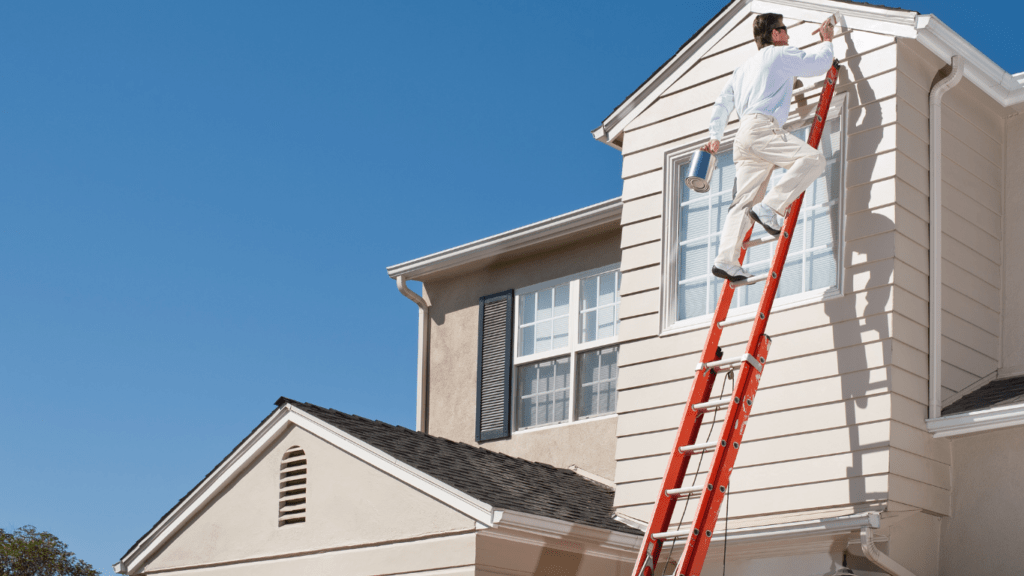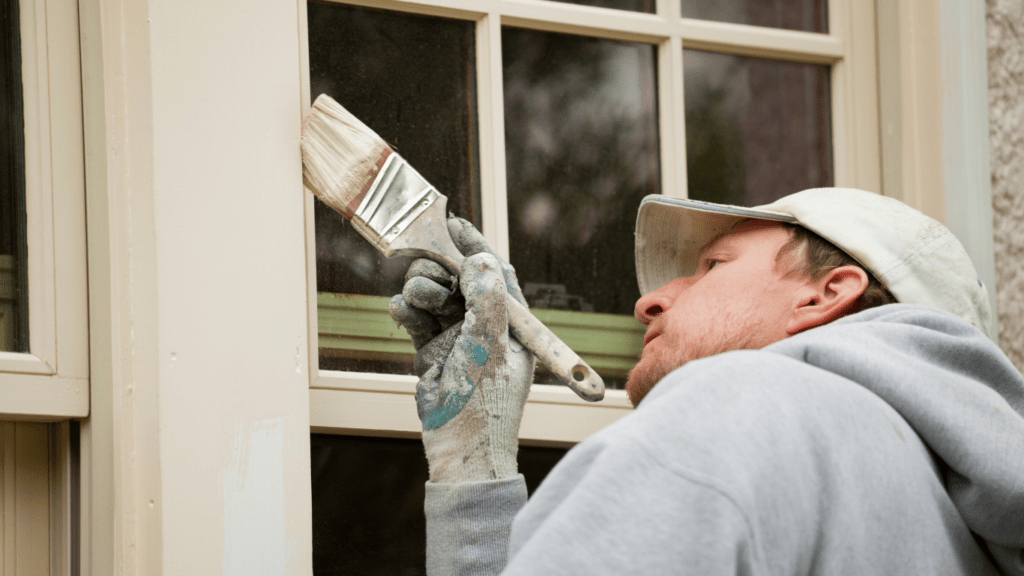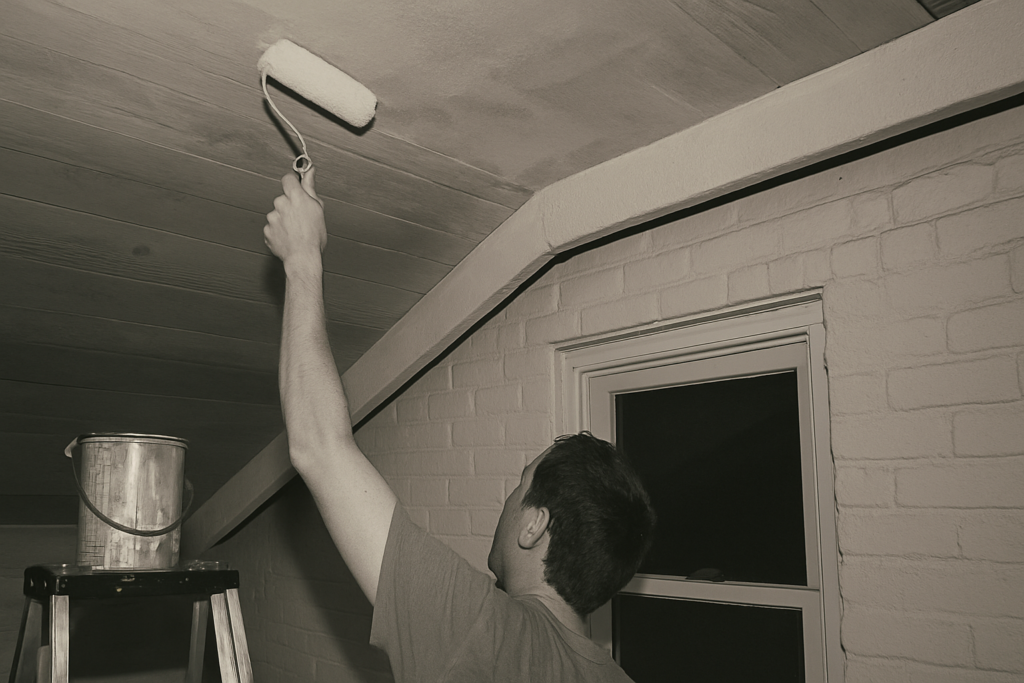Importance Of Regular Maintenance For Property Value
Regular maintenance significantly influences a property’s long-term value. It’s a proactive measure that ensures a home’s condition aligns with market expectations while minimizing potential depreciation.
The Impact Of Neglect On Property Value
Ignoring maintenance can reduce property value by allowing minor issues to escalate into costly repairs. Damaged roofing, for example, may lead to water leaks and mold. Outdated electrical systems can deter buyers due to safety concerns. Over time, unaddressed wear and tear diminishes a property’s overall appeal, making it harder to attract competitive offers in the market.
How Maintenance Preserves Structural Integrity
Routine maintenance safeguards a property’s structural integrity by addressing potential issues early. Timely repairs on foundation cracks, weatherproofing, or plumbing leaks prevent further deterioration. For instance, sealing exterior walls protects against water penetration, which can weaken building materials. These efforts ensure safety, functionality, and longevity, key factors in retaining property value.
Key Areas Of Maintenance To Focus On
Focusing on key maintenance areas ensures a property remains appealing, functional, and valuable. Regular attention to both the interior and exterior, including outdoor features, creates long-term benefits.
Exterior Maintenance
Exterior elements protect the property from environmental damage. Regular inspections of the roof, gutters, and siding are essential. Cleaning debris from gutters prevents water damage and mold. Maintaining the roof by replacing damaged shingles or sealing leaks ensures structural integrity. Painting or sealing siding protects it from weather-related wear. Windows and doors should be checked for drafts, as sealing gaps improves energy efficiency and curb appeal.
Interior Upkeep
Interior spaces must remain functional and updated. HVAC systems should be serviced annually to ensure proper heating and cooling. Plumbing and electrical systems require routine checks to prevent leaks or potential safety hazards. Walls, ceilings, and floors must be inspected periodically for damage, and small issues like cracks or chipped paint should be repaired immediately. Updating outdated fixtures, such as lighting and appliances, makes interiors more attractive to buyers and enhances day-to-day comfort.
Landscaping And Outdoor Features
Landscaping enhances curb appeal and property value.
- Regular lawn care, including mowing, fertilizing, and weeding, keeps outdoor spaces visually appealing.
- Pruning trees and shrubs prevents overgrowth and protects the home from falling branches.
- Maintaining pathways, fences, and patios ensures safety and adds aesthetic value.
- Features like pools, decks, or outdoor lighting should undergo periodic checks and repairs to remain functional and appealing to potential buyers.
Benefits Of Regular Property Maintenance

Maintaining a property consistently provides multiple advantages that contribute to both immediate enjoyment and long-term value. Regular upkeep ensures a home remains attractive, functional, and market-ready.
Enhancing Curb Appeal
Well-maintained exteriors create a strong first impression. Clean sidewalks, fresh paint, trimmed lawns, and repaired walkways demonstrate care and increase a property’s visual appeal. Power washing driveways and maintaining outdoor lighting amplify this effect. For instance, a property with clean gutters and manicured landscaping appears more inviting, enhancing its perceived value.
Reducing Repair Costs Over Time
Routine maintenance prevents minor issues from escalating. For example, sealing small roof leaks early avoids costly water damage and mold remediation. Annual HVAC inspections prolong system life and improve efficiency, reducing expensive breakdowns. Addressing wear and tear on plumbing, such as fixing drips, minimizes the need for major replacements later.
Boosting Selling Potential And ROI
- Properties in excellent condition attract more buyers and command higher prices.
- Recent surveys show homes with updated systems sell faster than those requiring repairs.
- Up-to-date electrical, HVAC units, and modern amenities often justify premium listing prices.
For example, a move-in-ready property with no visible defects provides a higher return on investment compared to one requiring major upgrades.
Scheduling Regular Maintenance
Establishing a consistent maintenance schedule helps protect property value and ensures minor issues don’t progress into major repairs. I focus on creating effective systems to manage routine maintenance tasks efficiently.
Creating A Maintenance Checklist
A well-organized checklist simplifies property upkeep by highlighting essential tasks for each season. I group tasks based on their urgency and frequency. For instance, monthly tasks like changing HVAC filters and inspecting smoke detectors maintain indoor air quality and safety. Seasonal activities like gutter cleaning in fall or A/C servicing in spring prepare the property for weather changes. Annual inspections, including roof checks and pest control, address structural and long-term concerns.
Tracking these activities in a calendar or app ensures no task is overlooked. I prioritize the checklist based on risk factors, targeting areas prone to wear or damage first. This structured approach keeps the property well-maintained and prevents costly surprises.
Hiring Professionals Versus DIY
Deciding whether to hire professionals or handle maintenance myself depends on the complexity of the task. For simple work like painting touch-ups or garden care, DIY solutions often save costs and provide flexibility. I invest in quality tools to complete these projects effectively.
However, for specialized areas like electrical, roofing, or plumbing systems, hiring licensed professionals ensures safety and compliance with regulations. For example, certified electricians prevent hazards during panel upgrades, and licensed roofers provide warranties on repairs. I assess tasks based on my skill level and consult professionals for efficiency and reliability when needed.




